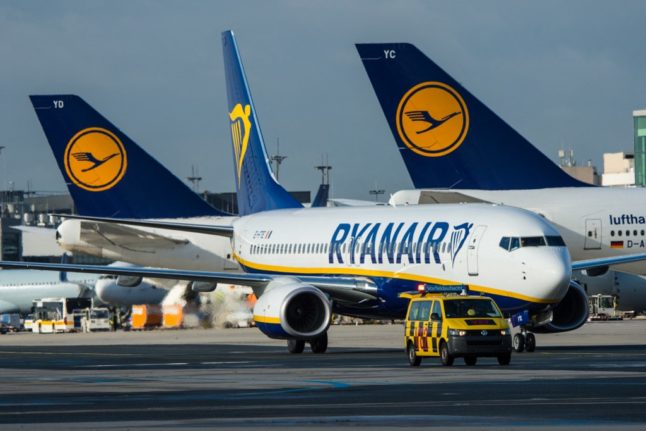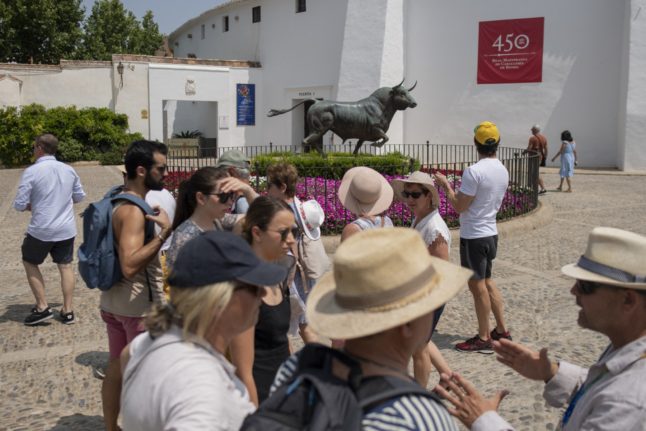The planned work stoppage could cause more travel headaches in Europe, where strikes and shortages of staff have hit a sector that has started to recover from the Covid pandemic.
The call for flight crew to walk out from June 24th to July 2nd aims to push Ireland’s Ryanair to reach a deal that “guarantees decent work conditions for all personnel” at the airline, the USO and SITCPLA unions said in a joint statement.
Ryanair is the only international airline that does not have a collective bargaining agreement that defines workplace conditions for its Spanish employees, according to the trade unions.
It finally agreed to negotiate with trade unions eight months ago, but ended talks after reaching a deal, which includes minimum pay and flight hours previsions, with one union that does not have a majority among flight crew.
Both the USO and SITCPLA unions believe that the agreement is insufficient and doesn’t respect Spanish labour law.
The strike would come as summer holidays get underway in European countries and a recovery in air travel following the lifting of most Covid-19 travel restrictions.
The boom in demand has caught short some airlines and airports that shed staff during the pandemic and which are having trouble rehiring employees as well as facing demands for wage hikes and better working conditions.
Staff shortages have disrupted flights in London, Amsterdam and Frankfurt in recent weeks.
Strikes at Paris’s main airport on Thursday led to a quarter of flights being grounded, runways closed and passengers delayed
Nearly 1,000 SAS pilots have threatened to go on indefinite strike from the end of June after talks broke down with the Scandinavian airline.



 Please whitelist us to continue reading.
Please whitelist us to continue reading.
Member comments